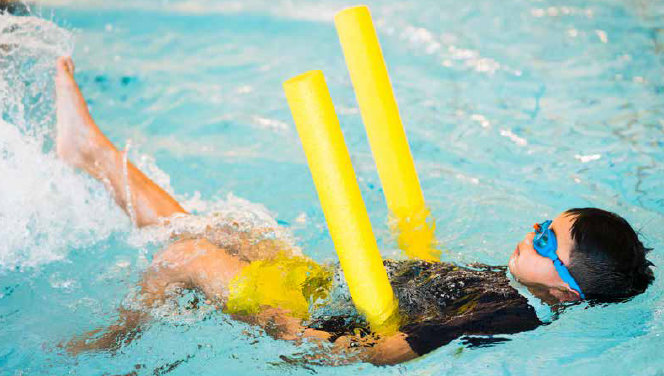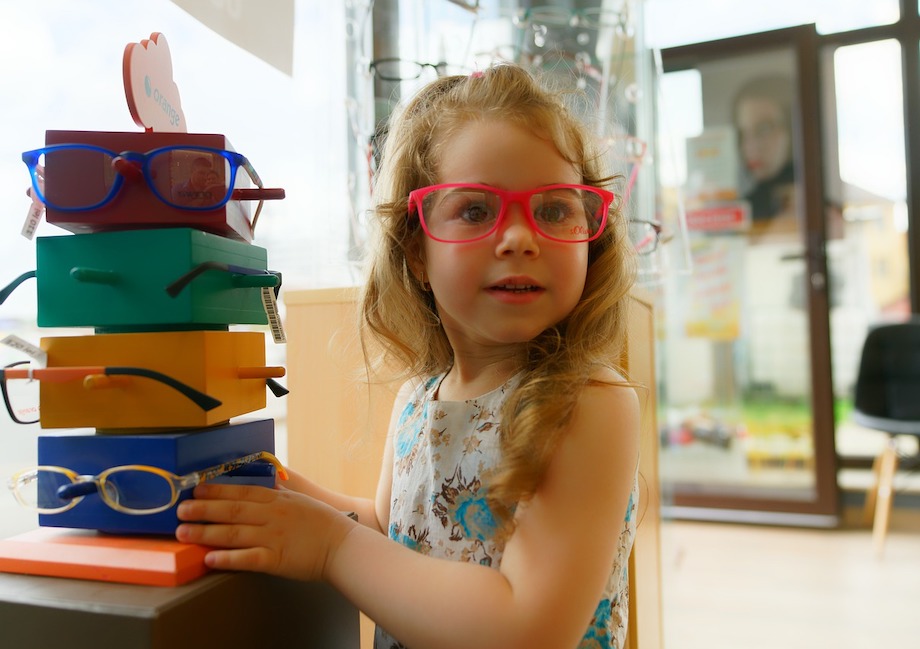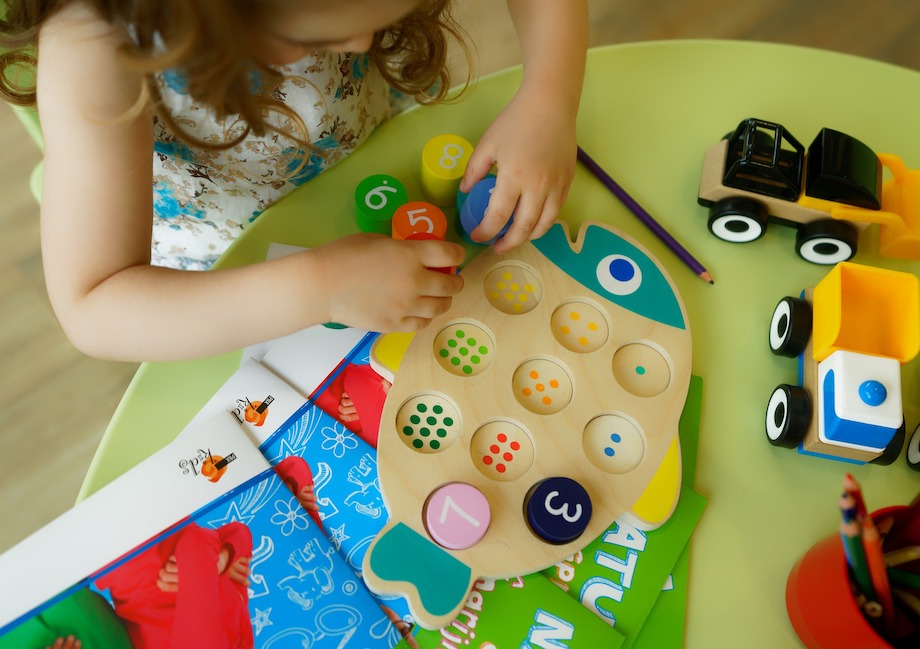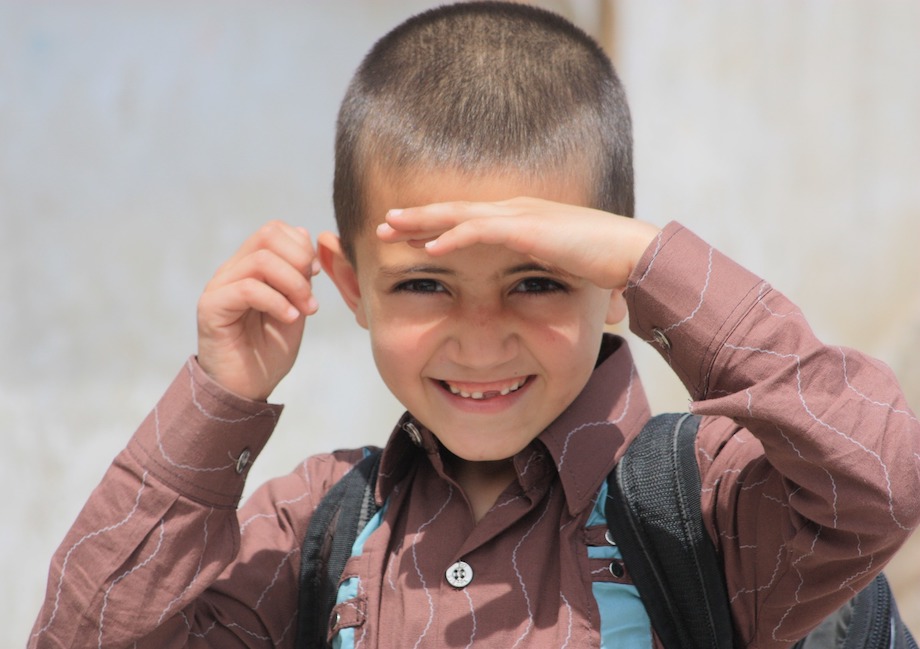
When Kiwis think of water they often think of fun times in the sun. With the days getting longer and the temperature rising, most New Zealanders’ thoughts turn to summer and having fun around, in, on or under the water, at the beach, river or lake. They also think about keeping their children safe around water.
Swimming New Zealand asks us all to think about keeping our families safe around the water. We are an island nation with over 14,000 kilometres of coastline, and over 65% of the population live within five kilometres of the coast. There are 3,820 lakes and 180,000 kilometres of rivers crossing the country, meaning the majority of New Zealanders are within 30 minutes drive of a major waterway.
In 2017, seven under-fives fatally drowned in New Zealand. A further 26 children were hospitalised for at least 24 hours as a result of drowning-related incidents. Of the seven preventable fatalities, five were in home pools. In 2018, this number has reduced to three fatalities, but three lives too many and three families shattered by a tragedy.
A recent survey commissioned by HUGGIES® Little Swimmers® Swimpants found that 45% of Kiwi adults recall a frightening water experience from their childhood. Those parents who had water scares as children were shown in the survey to have heightened awareness of the need for children to have positive water experiences and lessons at a young age. Of those who recalled a frightening water experience, 84% believed it was very important for children to learn survival skills for their lifelong benefit. Huggies teams up with Water Safety New Zealand, Parents Centre New Zealand and swim schools every summer to support water safety for children.
Build confidence from an early age
Advocates agree that education around water safety needs to start early. Water confidence and familiarisation can begin as soon as a baby is born. Bath time is a great opportunity to have fun and learn foundation aquatic skills, attitudes and behaviours, while also being an awesome environment to stimulate the senses and to develop fundamental movement skills. Introduction to showers at an early age usually assists in water confidence, as the child gets used to feeling water splashing on their face and making a lot of noise.
A child that has developed respectful, comfortable confidence with the water at home usually copes well when introduced to the pool. Swimming is a core life skill and all New Zealand children should have the opportunity to learn to swim.
Ways to keep babies and toddlers safe around water
The team at Water Safety New Zealand and water safety ambassador Ameliaranne Ekenasio have this advice to share.
Constant active adult supervision at all times
Always keep babies and toddlers within arm’s reach around water. It takes less than a minute for a child to drown. In 2017, seven under-fives lost their lives in preventable drowning incidents.
If you’re in a group, have an active adult supervision roster
Don’t rely on older children to supervise younger ones in, on or around water. Constant active adult supervision is required at all times.
Identify water hazards in and around the home
Ensure your pool is properly fenced and complies with the safety requirements under the The Building (Pools) Amendment Act 2016 and has properly working safety latches. Empty water from unused paddling pools, buckets and containers after use and ensure you have a safely fenced play area. Also, when on holiday check for water hazards and ensure pool gates are secure and locked at all times.
Use your Water Safety bathmat at bath times
Water Safety New Zealand works with Plunket to supply bathmats to new parents to keep our toddlers and babies safe at bath time. The bathmats stop your child from slipping and reinforce the message that you should NEVER leave your baby or toddler unsupervised in the bath, even to answer the phone.
Avoid distraction
Put your phone away when supervising children around water. Their lives are in your hands and their safety requires your full attention. A child can drown in the time it takes to read a text message.
Teach your children water safety behaviour
As soon as they are old enough to understand, teach your children things like: ‘Never go near the water unless you’re with a grown up’. It is important our children are taught that while water is to be enjoyed, it must also be respected. It is imperative they are taught about the risks and dangers associated with water-based activities.
Life jackets
Life jackets are essential on a boat, must fit snuggly and have a crotch strap. They should be worn whenever your child is around water, as accidental immersions are a leading cause of preventable drowning fatalities in New Zealand.
“Parents are right to want their babies to have positive water experiences at a young age. We are surrounded by water here in New Zealand, and support the work being done to help make lessons more accessible. The most important water safety message when it comes to under-fives is constant supervision. They should always be within your line of sight and within arm’s length for toddlers when in or around water. It takes less than a minute for a child to drown.”
CEO of Water Safety New Zealand, Jonty Mills
More information
- www.watersafety.org.nz
- www.huggies.co.nz/parenting/child-safety/water
- www.splashsave.co.nz






